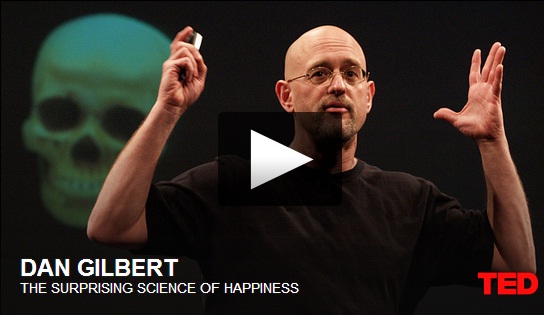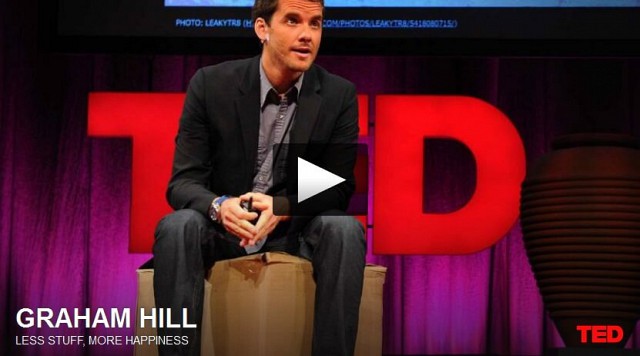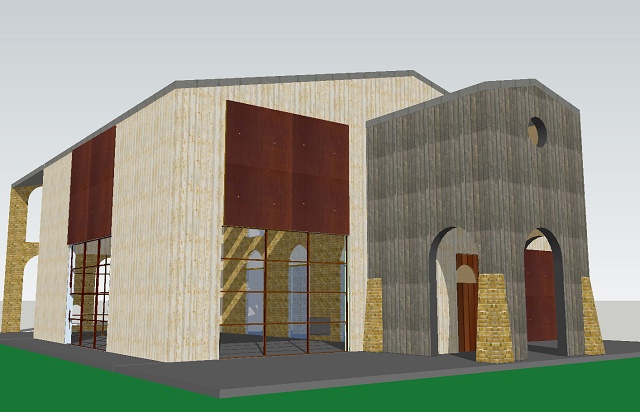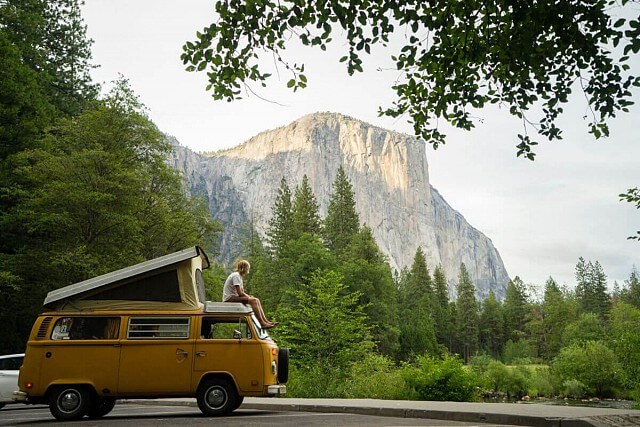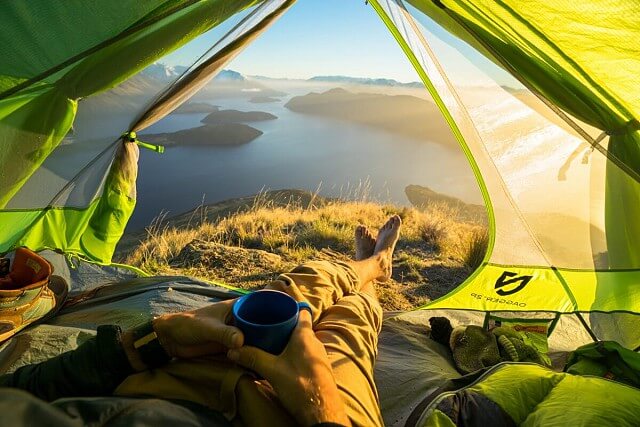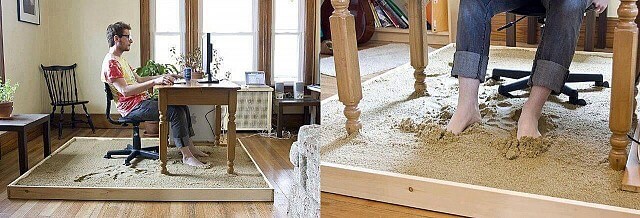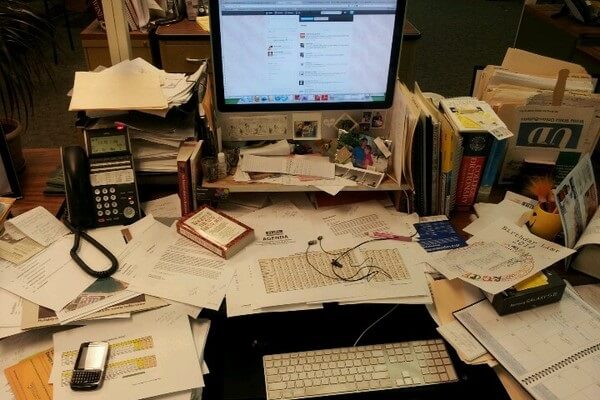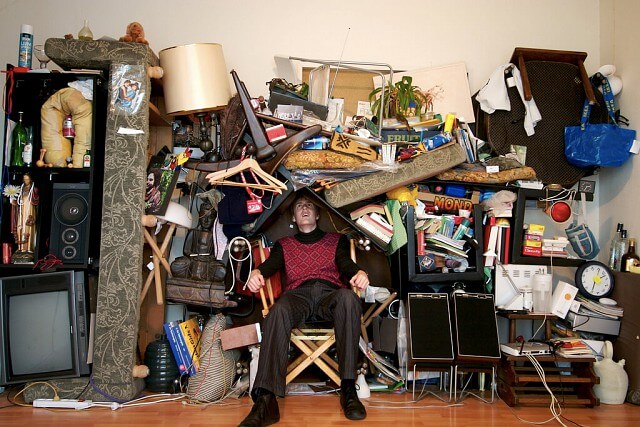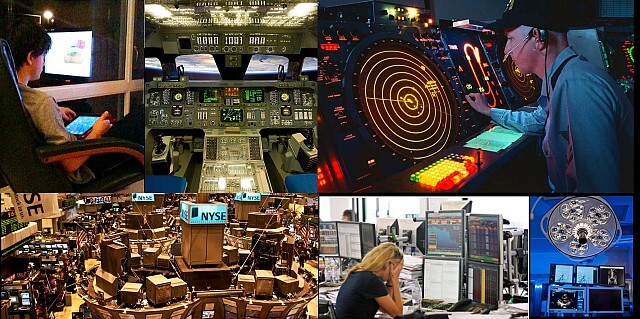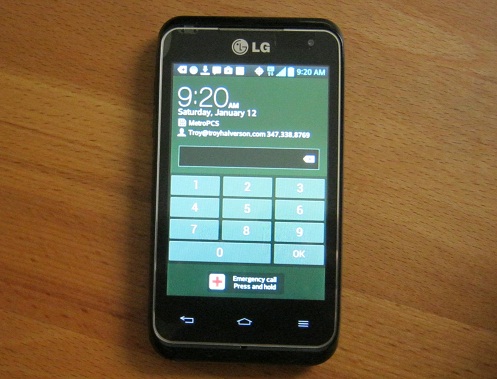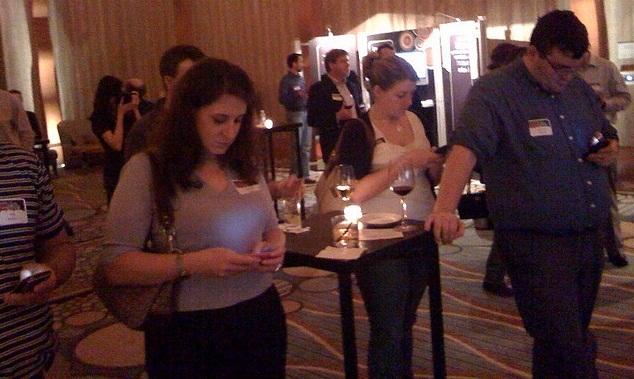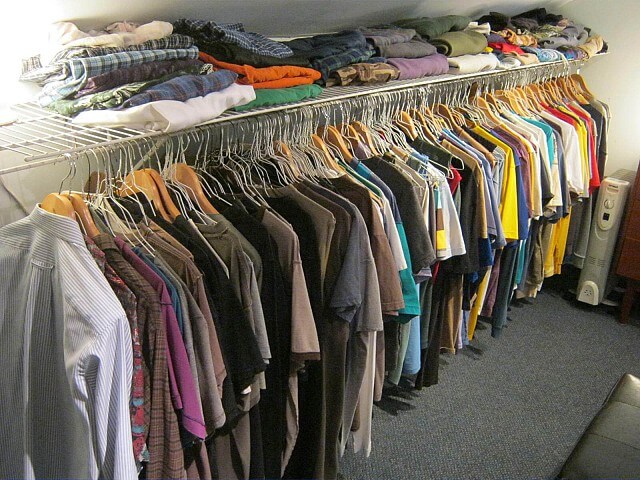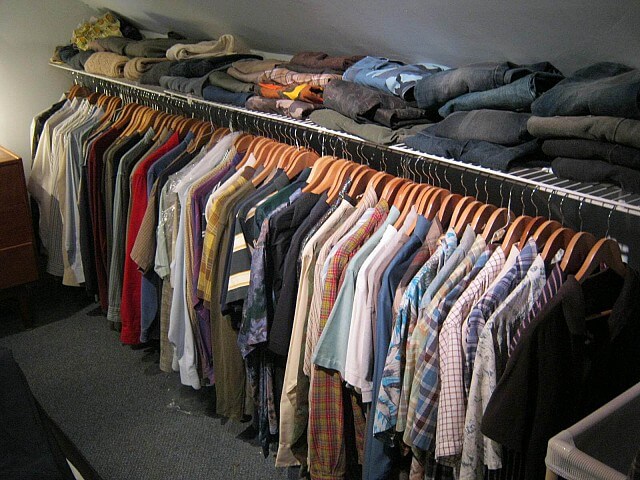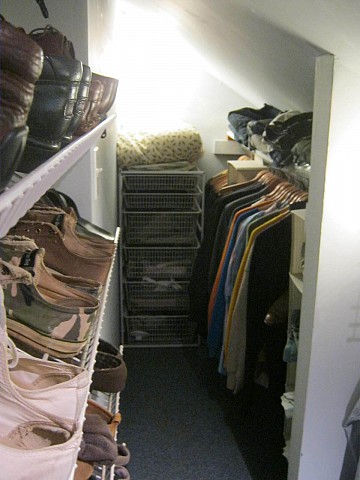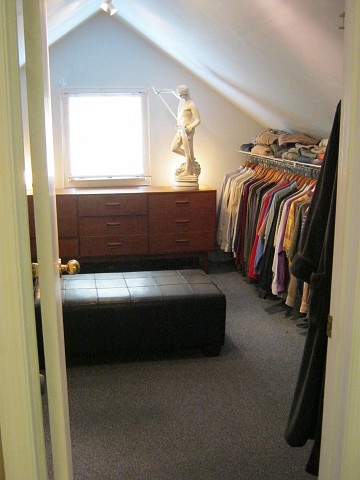Minimalism
Inspirations
Inspired by George Carlin's wonderful rant about Too Much Stuff, I'm trying to learn some Minimalism habits. Some Minimalist-inspired blogs:
- Zen Habits by Leo Babauta
- Becoming Mminimalist by the family of Joshua Becker
- Tynan, an eponymous blog about world travel, good habits, freedom, and minimalism
- 365 Less Things
I also enjoy the Meditations of Marcus Aurelius. Ancient and timeless.
Why minimal? Check out the 2004 TED talk by author Dan Gilberttitle. His research on happiness shows that having more choices or options often leads to less satisfaction. That is, after basic needs are met (water, food, shelter, etc), increased happiness is not strongly influenced by possessions. Much more significant is how we choose to react to reality. Again and again, research is proving the old adage that Happiness comes from within.
Life Edited
I have a couple moving boxes still packed up from 2004*. What's in them? It really doesn't matter because I obviously don't need whatever it is. It's just stuff. Below, Graham Hill explains how "less" might be "more". One way to increase you happiness is too simply edit, leaving only the stuff you truly enjoy. More about that at his web site: LifeEdited.com
* I did finally trash the boxes in 2016; I just took photos and kept those instead. Aahh...
Sizing up Downsizing
Houses keep getting bigger even though ever more Americans are living solo. Bucking that trend, I mocked up a house design for 1200 sf which is 35% smaller than my current place and less than half of the average new U.S. home size. I drew it detailed enough to convince myself all my stuff would fit. The downsizing strategies are the same as in Tiny Homes:
- Avoid rooms dedicated to rare use cases, e.g., guest bath, guest bed, game room, parlour, formal living room
- Combine rooms when usage is non-conncurrent, e.g., one room for breakfast, lunch, dinner, and games
- One flex space for recreation, garage, patio, and studio in an atelier
Using one of those assemble-it-yourself steel buildings, on a pad, it's likely all the house I need could be built for $30,000. I just need a lot, so to speak.
I find that 1200 sf is still pretty generous; I could drop the ½ bath and more storage space. Some of the best times of my life were when I was living out of hotels and SUVs where I had access to neither of these. My concern is that if I go too small I'll kill the resale value.
5 Simple Steps
Writer Kristyna Z. recommends Less food, fewer people, fewer thoughts, less Internet, and less pretense
"If you aim to be an entrepreneur, your mission is to deliver value to others by focusing on their needs and problems. However, without being able to identify and assert your own, you will never gather enough physical, mental, emotional, and spiritual strength to fulfill your purpose."
The Minimalists
Joshua Fields Millburn & Ryan Nicodemus write about living a meaningful life with less stuff for 2 million readers at TheMinimalists.com
Less stuff, more life
10 Things Everyone Should Own
Many sites have created lists of things "every man should own", coincidentally around the holiday shopping season. I love this minimalist version from Leo Babauta
- Pen and notebook. For jotting down life lessons, and starting a novel.
- A library card. To read the Tao Te Ching, Anna Karenina, and Zen Mind Beginner's Mind.
- A phone for calling friends, so you can spend time together. Email works too, and this can be done for free via the library internet computer.
- A set of clothes, plus another set to change into. Second set is optional.
- A tea cup. You can use any cup. Goodwill has some if you don't own a cup.
- Soap. Hygiene is important.
- A gym membership, so you can have the satisfaction of canceling it when you decide to work out outside, doing bodyweight exercises, and going for hikes and runs with the above mentioned friends. Actually, the gym membership is optional.
Things Everyone Should Do
Also from Leo Babauta, a list of behaviors which are actually free "things"
- Meditate. You don't need to own a cushion to do this. You can use a chair or couch, or do it outside for free.
- Learn self sufficiency. Stand on your own two feet, be content with yourself, know yourself. This will help when you get involved in a relationship with someone.
- Exercise or do something active outside.
- Practice compassion.
- Learn to cook simple, whole vegan food.
- Read often.
- Create every day.
- Learn something new. Practice often.
- Practice letting go of the ego.
Need to get to The Home Depot because I love the sentiment here of digging toes into sand while working at a desk. I also like this guy's desktop (the real one) for being devoid of distractions. A nice post on the joys of bare-footing it is at zenhabits.net/barefoot-philosophy
Stray sand is a bit of a concern: One might dedicate a Roomba to the task but that would be antithetical to the simplicity. Well, maybe I could decorate it with Hawaiian or tie-die print shirt! Or maybe encircle the sandbox with hemp rope for wiping feet on egress; that would also reinforce the haptic experience. Or maybe replace the sand with smooth river stones? Or maybe use Kinetic Sand which only sticks to itself?
None of this matters when you’re dead
Short read by Paul Adams, veteran of Google and Facebook design...
Second Screen
If you're in Marketing or Software Development, like I am, a very interesting and profitable arena is in connecting TV viewing with a "second screen" like a tablet or smart phone. See, for example, Why the Second-Screen Industry is Set to Explode. Personnally, however, it seems to be a horrible habit to get into. One reason: multiple screen use is also a common factor in several high-stress occupations. Much better, I think, to simplify, focus, and savor your time (nice post about this at Zen Habits: Simplify, and Savor Life.
Smart Phone Danger
The Ludite and Minimalist in me took a body-blow: I traded in my flip phone for a smart phone. I've been resisting it until now because I desperately don't want to become one of those content addicts you see with their head down to their phone all the time. It seems social-media junkies are, ironically, often disconnected from the real world -- prefering to surf the net for a virtual, vicarious experience. They remind me of the old Rat Park addiction study that showed rats starving to death because they preferred to repeatedly go for the morphine drip instead of the real food.
I'm certainly no social butterfly, but I have the common-sense, manners, and attention span, not to drop down to check my email whenever there's a pause in the conversation. And don't get me started on people who feel that should share posts about what they just ate or where they were shopping. It looks just like so much digital navel-gazing.
What drew me in to the Dark Side was a MetroPCS deal for unlimited service for $30 per month. That was so much lower than my earlier rate that it would pay for the new phone in less than a year and, if it lasts the 2 1/2 years my flip-phone last, still save me a couple hundred bucks.
But now I feel like I'm carrying an un-opened bag of meth. How soon before I open it and become unsuited for polite company? Sure, it's a miraculous device that gives me access to the world's knowledge, yet I might use it only "to look at porn and get into arguments with strangers," to paraphrase a recent meme. I have already resigned myself to losing my ability to read maps and remember my way around town since it has GPS navigation. And now that I have the convenience of handheld voice-transcription, will I be tempted to dictate trivial status updates throughout the day? I might become as self-absorbed as that minister who noted in his daily journals (discovered post-mortem) the quality of his bowel movements.
This is my Future Shock.
Turn off the distractions.
Turn it off in the cinema, turn it off when you have dinner.
Or when you're reading a book, or playing with friends.
Focus your real time with the people you're with.
Stop the cycle of 'experience shopping'.
Live in the here and now.
I have the mixed-blessing of living in a three-bedroom house. Each bedroom has a closet, plus there is a hall closet and a bedroom-sized walk-in closet.
The up-side is that I have a lot of room to stock up off-season when things are on sale, or keep sentimental items I don't wear anymore. With plenty of space I can also be organized: all my clothes are all on hangers, shelves, or dressers. At Thanksgiving 2012 I took an inventory and tallied just over 800 items.
The down-side: no matter *how well organized* that all is, I regularly struggle over what put on. I am spending ever more time just getting dressed! I have simply too many choices. I'm beginning to feel like some haughty Downton Abby effete who fills their day with a ritual of re-dressing. [-2/28/2-13 Update: I cut it down to 645 items, a 20% reduction]
In contrast, I read that Tynan for example, has pared his wardrobe down to a near-Budhist ascetic that wouldn't fill a 28 liter backpack. While that is extreme, I envy the advantages of less stuff. I was inspired by advice from Leo Babauta and I'm simply going cut my wardrobe -- the "clutter" -- in half. Maybe after I succeed in doing that, I'll cut it in half again.
I'm giving myself 6 months to cover the first half of Zeno's journey, i.e., down to 400 wardrobe items by May. I made an initial pass over Thanksgiving and culled over six dozen items that went to the trash or to the Salvation Army. Some things were practically brand new; such a waste of money. In the process I also tossed out eight dozen wire hangers (surprisingly heavy altogether) and found items I had completely forgotten (let alone worn recently). Another sign of having too much stuff: I haven't missed anything I got rid of. [01/27/2016 Update: down to 400 items, a 50% reduction since 2012]
